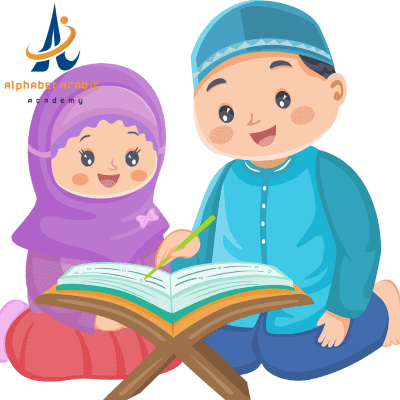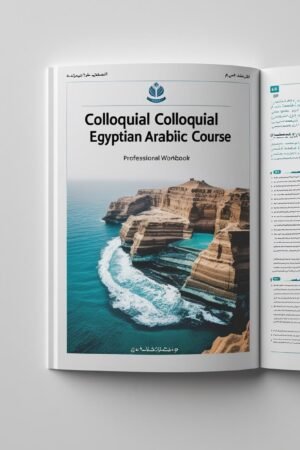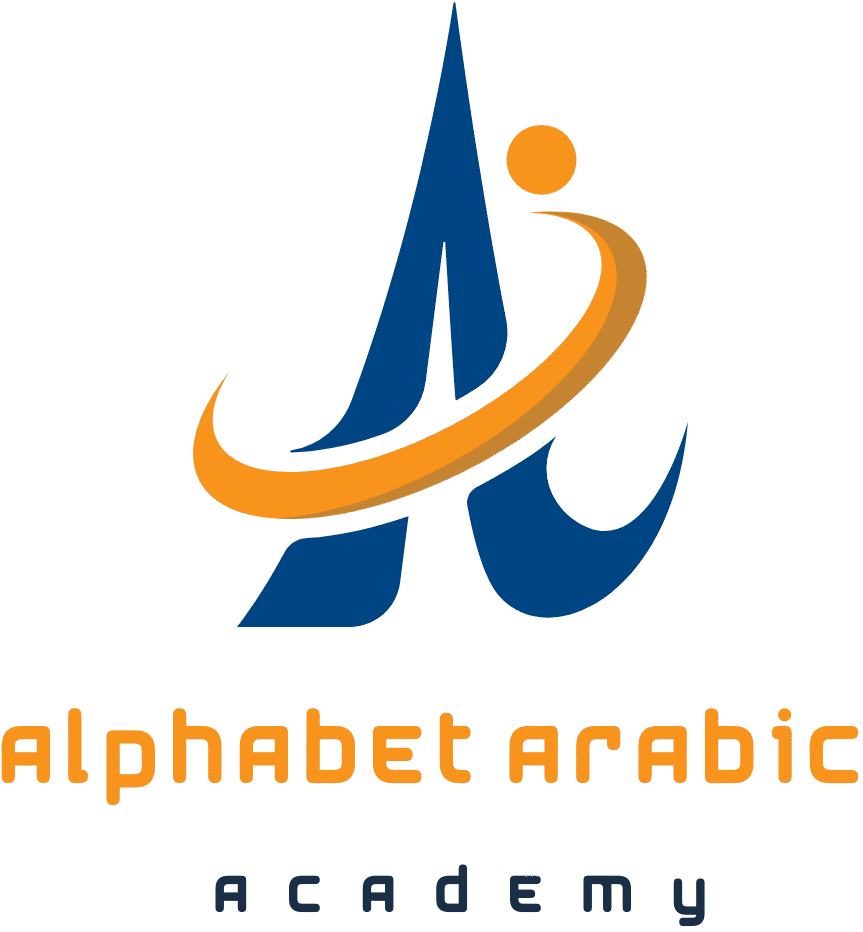Help Your Child Understand the Quran! 🌟
Give your child the gift of Learn Quranic Arabic for kids course—so they don’t just recite the Quran, but truly understand it! Our fun, interactive lessons make learning easy and engaging for kids. With expert teachers and a flexible schedule, your child will build a deep, lasting connection with the Quran.

🕌 Start their journey today! 👉 Join now
Learning Quranic Arabic is a valuable journey that helps children connect with the Qur’an in its original language. If you’re a parent looking for effective ways to teach your child, you’re in the right place! In this article, we’ll explore 10 easy methods to help kids learn Quranic Arabic in a fun and interactive way.
Easy Way to Learn Quranic Arabic 🏆
Children learn best when the process is engaging and structured. Here are some simple steps to make Quranic Arabic learning easier for kids:
- Start with the Arabic alphabet and basic pronunciation.
- Use interactive apps, online courses, and beginner-friendly books.
- Incorporate games, storytelling, and fun activities to maintain interest.
- Enroll in a Home Quran Teacher Near Me for personalized lessons.
How Long Does It Take to Learn Quranic Arabic online with academy? ⏳
The duration varies based on:
- The child’s age and learning ability for learning.
- The teaching method used with the kid.
- Daily practice and consistency and doing exercises.

On average, children who practice regularly can develop a basic understanding of Quranic Arabic within 6 to 12 months.
How to Learn Quranic Arabic 📚
To ensure effective learning, follow these steps:
- Start with Noorani Qaida – Helps with Arabic letters and pronunciation.
- Focus on Tajweed Rules – Enhances Quranic recitation skills.
- Enroll in Online Quranic Arabic Classes – Flexible and accessible.
- Practice with Native Teachers – Helps in mastering Qur’anic vocabulary and grammar.
Apps to Learn Quranic Arabic 📱
Learning through apps makes the process fun and engaging. Some highly of rated apps include:
- Quranic: Learn Quran and Arabic online any time
- Noor Academy
- Learn Arabic with Fun
These apps offer interactive lessons, games, and quizzes to help kids memorize and understand the Quran.
Quran Lernen Kinder – Learning for Kids 🌟
For non-Arabic-speaking children, structured programs help in learning Quranic Arabic with proper pronunciation. Qualified tutors and Islamic institutes provide step-by-step guidance for young Muslims.
Quran for Kinder – Fun and Engaging Learning 🎉
Children learn best when the teaching method is fun! Quranic Arabic lessons can be made exciting through:
- Storytelling about Prophets and Islamic History.
- Colorful books and resources and illustrations.
- Engaging videos and interactive quizzes every lesson.
Learn Arabic for Quran Reading 📖
To help your child read the Quran fluently, start with:
- Basic Arabic reading lessons.
- Tajweed classes to refine recitation skills.
- Daily practice with a teacher or an online tutor.
Learn Quranic Arabic for Beginners 🌿
Beginners should start with:
- Learning the Arabic alphabets at alphabet arabic academy.
- Understanding basic grammar and vocabulary from the beginning .
- Practicing short Surahs and common Quranic phrases.
With a structured approach, children can build their skills step by step.
Quran for Learning – The Best Methods 📘
There are multiple ways to learn Quranic Arabic:
- Online platforms like Alphabet Arabic Academy.
- Live classes with qualified native tutors.
- Islamic centers and academies for structured Qur’anic education.
Benefits of Learning Quranic Arabic ✨
Development of Spiritual Connection 🌙
Understanding the Qur’an in its original language helps children develop a deeper bond with their faith.
Learn Quranic Arabic Quickly ⚡
Speed up learning by:
- Using multimedia tools (videos, audios, and apps).
- Practicing daily with structured lessons.
- Enrolling in a Quranic Arabic program.
Selecting the Right Resources 📖
Choosing Beginner-Friendly Books 📚
The right books make learning easy and enjoyable. Look for books that cover basic Arabic grammar, vocabulary, and Quranic words.
Interactive Learning Tools online with teachers 🖥️
Engaging Language Applications 📲
Apps provide a fun and engaging way to practice Arabic vocabulary, tajweed, and reading skills.
Qualified Tutors for Guidance 👨🏫
Finding Experienced Teachers
A skilled tutor helps kids:
- Master pronunciation and Tajweed easily.
- Improve Quranic Arabic understanding.
- Stay motivated and engaged all times.
Find a Home Quran Teacher Near Me for private lessons.
Routine Practice for Progress 🏆
Daily Language Exercises
Consistent practice is key to Qur’anic Arabic mastery. Encourage kids to:
- Recite daily with proper tajweed.
- Write Arabic words to reinforce memory.
Multimedia Tools for Learning 🎧
Utilizing Videos and Audios from teacher online
Videos and audio lessons make learning more engaging and help in memorization.
Online Courses Availability 🌍
Accessing Virtual Lessons
Online courses provide structured learning with live tutors and recorded materials.
Check out Alphabet Arabic Academy for affordable Quranic Arabic lessons!
Incorporating Storytelling 📖
Learning Through Narrative
Stories from the Qur’an help children:
- Understand Islamic teachings.
- Develop a love for the Arabic language with instructor.
Fun Activities Enhance Learning 🎮
Games and Quizzes for Kids online every lesson
- Flashcards for Arabic language words.
- Tajweed quizzes to test knowledge.
- Interactive online puzzles.
Parental Involvement in Studies 👪
Supporting Kids
Parents play a key role in learning journey:
- Encouraging daily practice.
- Providing educational resources.
- Tracking progress and motivation from reports.
Building Vocabulary Gradually 🔤
Expanding Word Knowledge
Introduce new Quranic words daily to build a strong Arabic vocabulary.
Cultural Understanding Importance 🕌
Exploring Historical Contexts
Understanding Islamic history enhances a child’s Quranic Arabic learning experience.
Community Learning Benefits 🏫
Engaging in Group Studies if you like
Studying with peers encourages:
- Confidence in recitation.
- Stronger Arabic language skills for writing and reading etc…
Motivation and Encouragement 💡
Inspiring Passion for Learning arabic language
Create a positive learning environment to keep children motivated and engaged.
FAQs ❓
What age should kids start learning Quranic Arabic?
The optimal age varies, but many start between 3 to 6 years.
How often should children practice Quranic Arabic?
Daily practice, even in short sessions, is beneficial.
Can I teach my child Quranic Arabic at home?
Yes! With the right resources and dedication, children can learn at home.
🚀 Start Learning Quranic Arabic Today! 🚀
Join Alphabet Arabic Academy for highly-rated, affordable Quranic Arabic courses starting at just $40!
🔗 Sign Up Here 💻
📞 Contact Us for more details!




